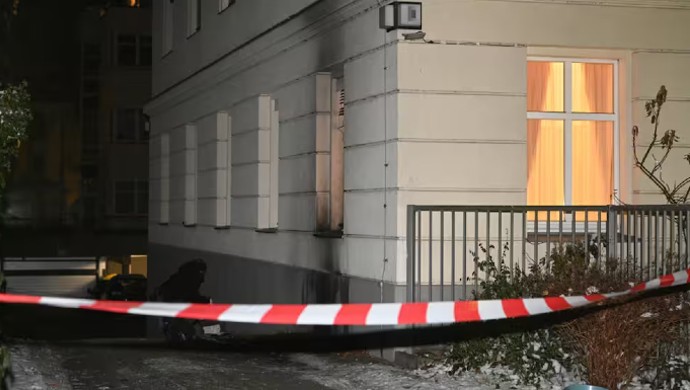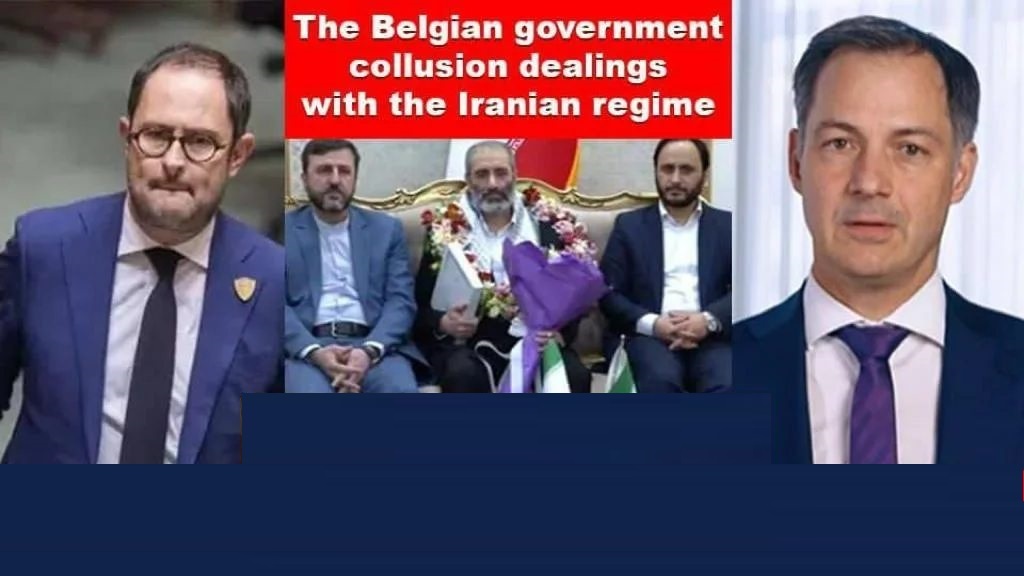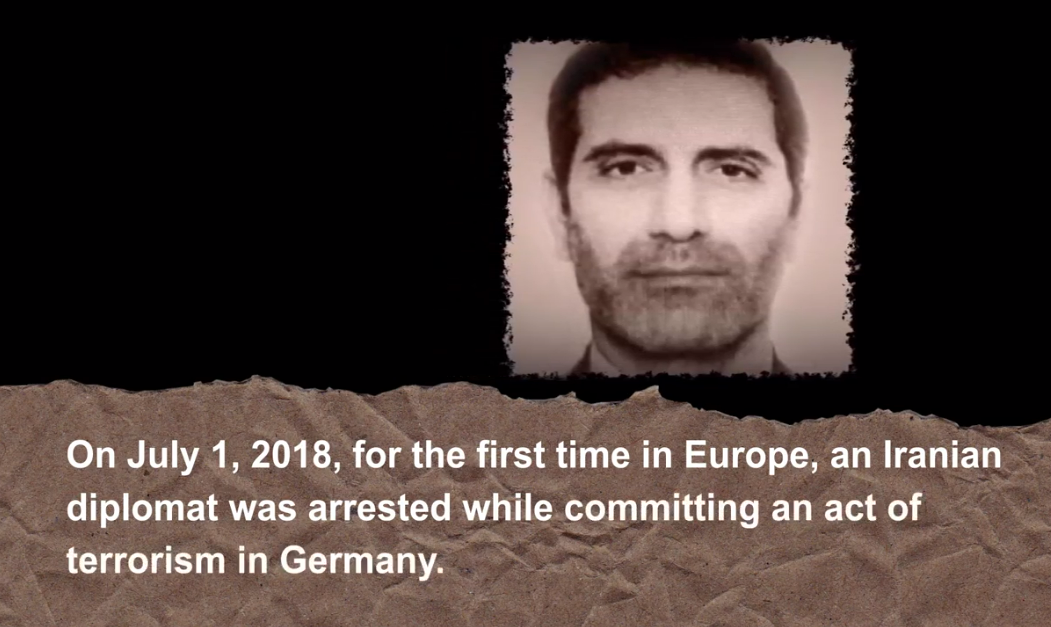

This act, now under investigation by German police as a potential terrorist attack, marks a concerning escalation in the regime’s aggressive stance against Iranian dissidents.
This incident is the latest in a series of hostile actions by Iran’s regime, which has intensified over the past year. Notably, on May 31 and June 11, 2023, the regime’s terrorist wing, the IRGC Quds Force, launched armed assaults on a building associated with the Iranian Resistance, using firearms and incendiary materials.
The increase in these terrorist activities coincides with a series of concessions from Western nations to the Iranian regime. Assadi, based in Vienna, was apprehended in 2018 while planning to bomb an Iranian Resistance gathering in Villepinte, near Paris. Utilizing his diplomatic position, Assadi had orchestrated the transfer of the bomb from Tehran to Europe, leveraging a network of terrorists and spies facilitated by Iran’s diplomatic machinery. Convicted in Belgium, Assadi and his accomplices received lengthy prison sentences.

However, in a controversial move, Belgium released Assadi on May 26, returning him to Iran in a prisoner exchange deal. This decision, criticized by the NCRI as a capitulation to terrorism, seems to have emboldened the Iranian regime in its aggressive tactics. The recent attacks, including an assassination attempt against Dr. Alejo Vidal-Quadras, a former European Parliament Vice President and supporter of Iranian resistance, point to Tehran’s continuing involvement in such activities.
The West’s reluctance to confront Iran’s provocative behavior has allowed the regime to perpetuate its terrorist activities in the Middle East, exacerbating regional instability. Iran’s foreign policy, heavily reliant on terrorism, has been evidenced over the past four decades, with its diplomatic network often serving as a front for terrorist operations.

Javad Zarif, Iran’s former foreign minister, admitted in 2021 to the close coordination between the foreign ministry and the Quds Force. The current foreign minister, Hossein Amir Abdollahian’s ties with Qassem Soleimani, the late Quds Force commander, further underscores this pattern.
Today, Iran represents a threat not only domestically and regionally but also globally. The international community’s response to this threat is critical. The Iranian Resistance has long advocated for decisive measures, including the closure of Iranian embassies, the expulsion of regime agents, and the designation of the IRGC and the Ministry of Intelligence and Security (MOIS) as terrorist organizations.

Such actions would undermine the regime’s capacity for international terrorism and support the Iranian people’s aspiration for democratic change. The global community’s support for Iran’s resistance movement is crucial in combating the regime’s persistent threats, emphasizing the necessity of a united stance against terrorism and authoritarianism.

MEK Iran (follow us on Twitter and Facebook), Maryam Rajavi’s on her site, Twitter & Facebook, NCRI (Twitter & Facebook), and People’s Mojahedin Organization of Iran – MEK IRAN – YouTu







